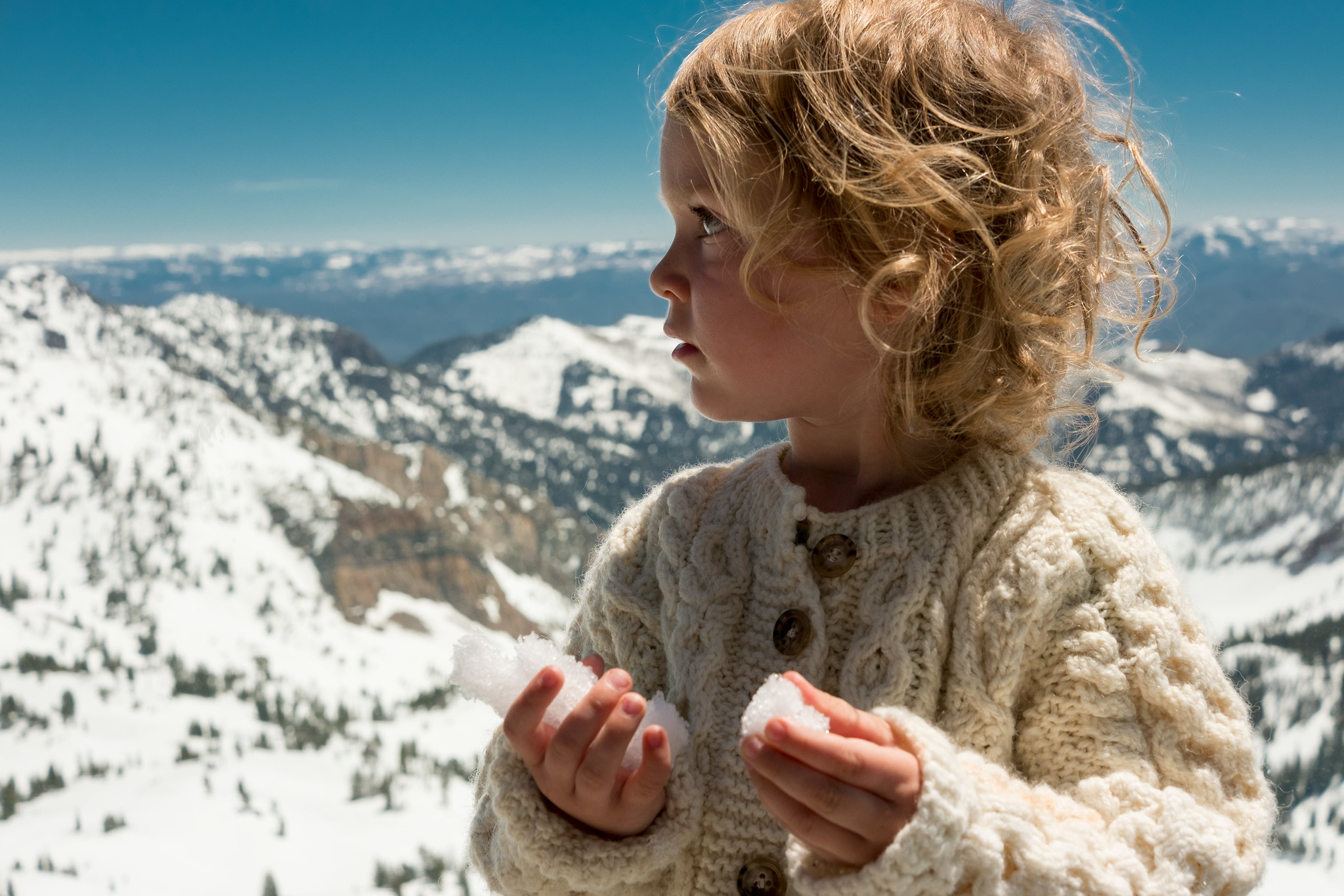I was looking at the entry level Nikon D3400 and D5500. Does anyone have any experience or advice with these or types like these that I should look at or avoid?
I started with a D3000 when I was blogging. It quickly hit a limit for my needs and I moved beyond it as soon as I could. I'd strike the 3400 from the list entirely. I next bough the D7000 that I'm selling now. I skipped the 5000 series because the D7000 got me closer to my needs. The 5500 is good. I would use it primarily for video over photo but that's just me. I think even Nikon views it as a video tool with the articulating and touch rear screen. It takes solid images though, especially when paired with good glass (as with any camera).
If you want something relatively small and want to avoid multiple lenses, I'd skip both of these cameras and go with a mirrorless option. The Sony a6000 is roughly the same price.

